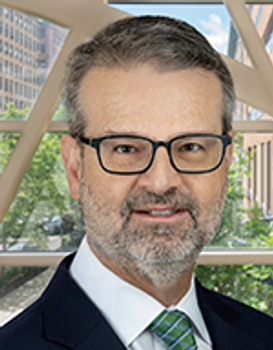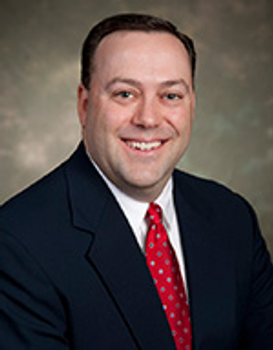CHST3-Related Skeletal Dysplasia Overview
Learn About CHST3-Related Skeletal Dysplasia
CHST3-related skeletal dysplasia is a genetic condition characterized by bone and joint abnormalities that worsen over time. Affected individuals have short stature throughout life, with an adult height under 4 and a half feet. Joint dislocations, most often affecting the knees, hips, and elbows, are present at birth (congenital). Other bone and joint abnormalities can include an inward- and upward-turning foot (clubfoot), a limited range of motion in large joints, and abnormal curvature of the spine. The features of CHST3-related skeletal dysplasia are usually limited to the bones and joints; however, minor heart defects have been reported in a few affected individuals.
As its name suggests, CHST3-related skeletal dysplasia results from mutations in the CHST3 gene. This gene provides instructions for making an enzyme called C6ST-1, which is essential for the normal development of cartilage. Cartilage is a tough, flexible tissue that makes up much of the skeleton during early development. Most cartilage is later converted to bone, except for the cartilage that continues to cover and protect the ends of bones and is present in the nose and external ears. Mutations in the CHST3 gene reduce or eliminate the activity of the C6ST-1 enzyme. A shortage of this enzyme disrupts the normal development of cartilage and bone, resulting in the abnormalities associated with CHST3-related skeletal dysplasia.
The prevalence of CHST3-related skeletal dysplasia is unknown. More than 30 affected individuals have been reported.
This condition is inherited in an autosomal recessive pattern, which means both copies of the gene in each cell have mutations. The parents of an individual with an autosomal recessive condition each carry one copy of the mutated gene, but they typically do not show signs and symptoms of the condition.
Los Angeles Pediatric Orthopaedics
Robert Cho is an Orthopedics provider in Los Angeles, California. Dr. Cho is rated as an Experienced provider by MediFind in the treatment of CHST3-Related Skeletal Dysplasia. His top areas of expertise are Scoliosis, Spondylocarpotarsal Synostosis Syndrome, Caudal Regression Syndrome, Kyphosis, and Spinal Fusion.
Jeffrey Campbell is a General Surgeon and a Pediatrics provider in Broomall, Pennsylvania. Dr. Campbell is rated as an Advanced provider by MediFind in the treatment of CHST3-Related Skeletal Dysplasia. His top areas of expertise are Achondroplasia, Increased Head Circumference, Spondyloepiphyseal Dysplasia, Bone Graft, and Adenoidectomy. Dr. Campbell is currently accepting new patients.
Nemours Children’s Health – Wilmington
Robert Heinle is a Pediatrics specialist and a Pediatric Pulmonologist in Wilmington, Delaware. Dr. Heinle is rated as an Advanced provider by MediFind in the treatment of CHST3-Related Skeletal Dysplasia. His top areas of expertise are Subglottic Stenosis, Duchenne Muscular Dystrophy, Hypochondroplasia, Osteotomy, and Adenoidectomy. Dr. Heinle is currently accepting new patients.
Published Date: October 01, 2012
Published By: National Institutes of Health


